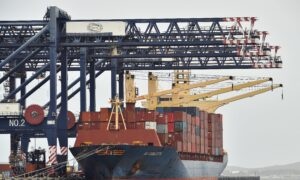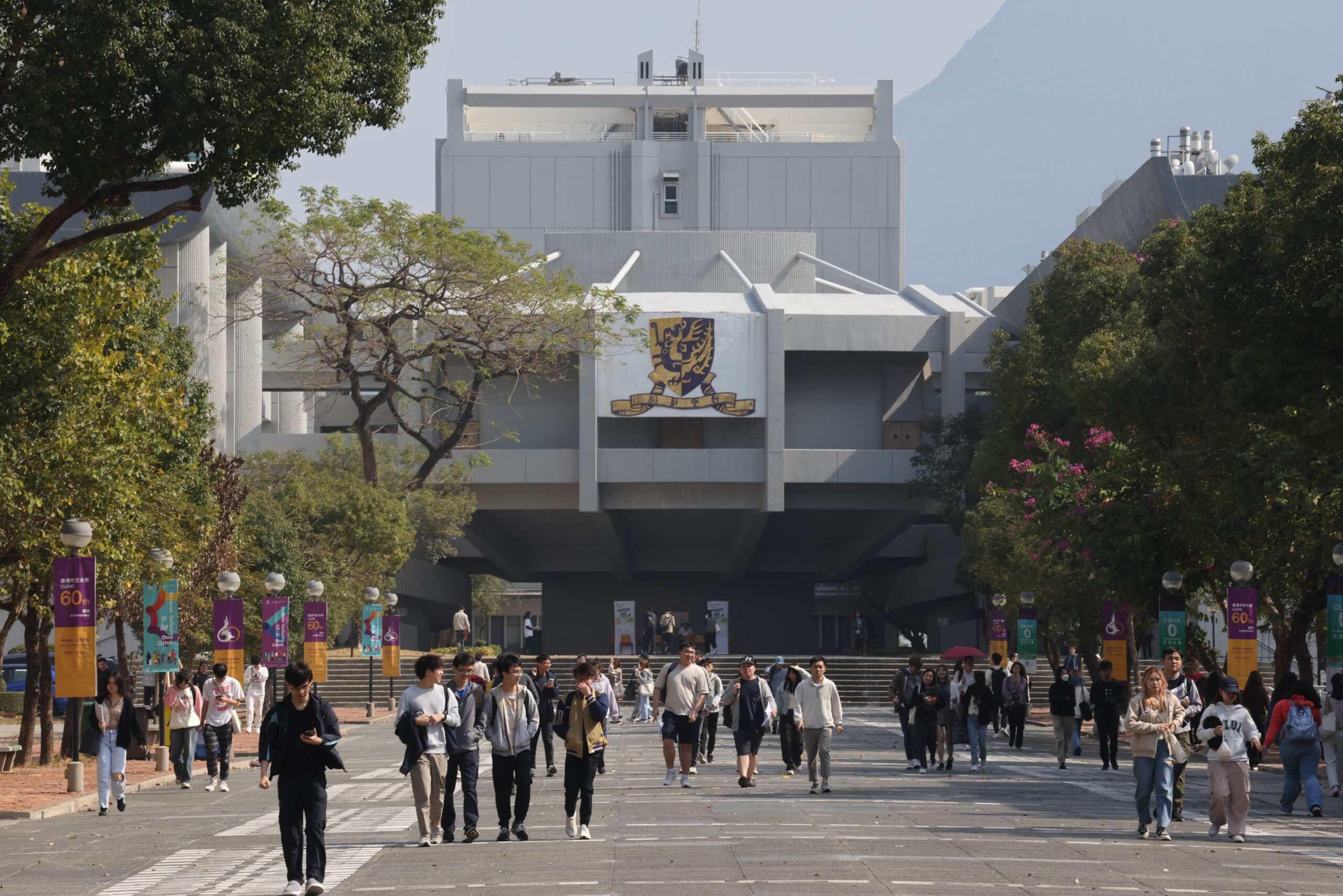A think tank has revealed that the COVID-19 pandemic negatively impacted over half of small exporters in Western Australia (WA).
At a parliamentary inquiry hearing on Oct. 8, Daniel Kiley, a senior research fellow at the Bankwest Curtin Economics Centre (BCEC), said that while international trade brought about many opportunities for Australian businesses, it subjected them to significant risks.
“Our research found that in 2020, over half of small businesses that sell to international markets were in a worse financial shape because of the pandemic, both in metropolitan Perth and in regional WA,” he told the committee.
“The impacts of COVID-19, border closures, and supply chain disruptions had an immediate and sizeable effect on the balance sheets of small businesses.
“Chinese tariffs and trade restrictions imposed on Australian exports such as barley wine, lobster and beef also impacted trade, but to different levels by product and sector.”
Despite these challenges, the agriculture sector in WA has been seeing a sharp increase in export activities.
He explained that Australia currently enjoyed a net positive benefit as the resource sector played a dominant role in international trade.
In addition, imported products created job opportunities for businesses involved in transportation and distribution.
“Estimates show that since signing respective FTAs, Australian exports to China increased by $275 billion (US$185 billion), exports to Japan increased by $99 billion, and exports to Thailand increased by $57 billion compared to a counterfactual without FTAs,” he said.
As such, Kiley said it was more important now than ever for Australian businesses of all sizes to engage in global trade and international investment opportunities, especially with the emergence of new technologies and the increasingly global nature of trade.
The researcher also noted that many small Australian businesses were now aware of the need to diversify into different markets to protect themselves from risks following the punitive tariffs imposed by the Chinese Communist Party in 2020.
“I think some businesses were able to diversify and switch markets easier than others,” he said.
“For example, in the case of barley, our studies showed that barley exports could quickly transition to Saudi Arabia.”
While Kiley said businesses often focused on markets that offered the highest prices for their products, he believed the government needed to do more to raise awareness about alternative markets among exporters.


